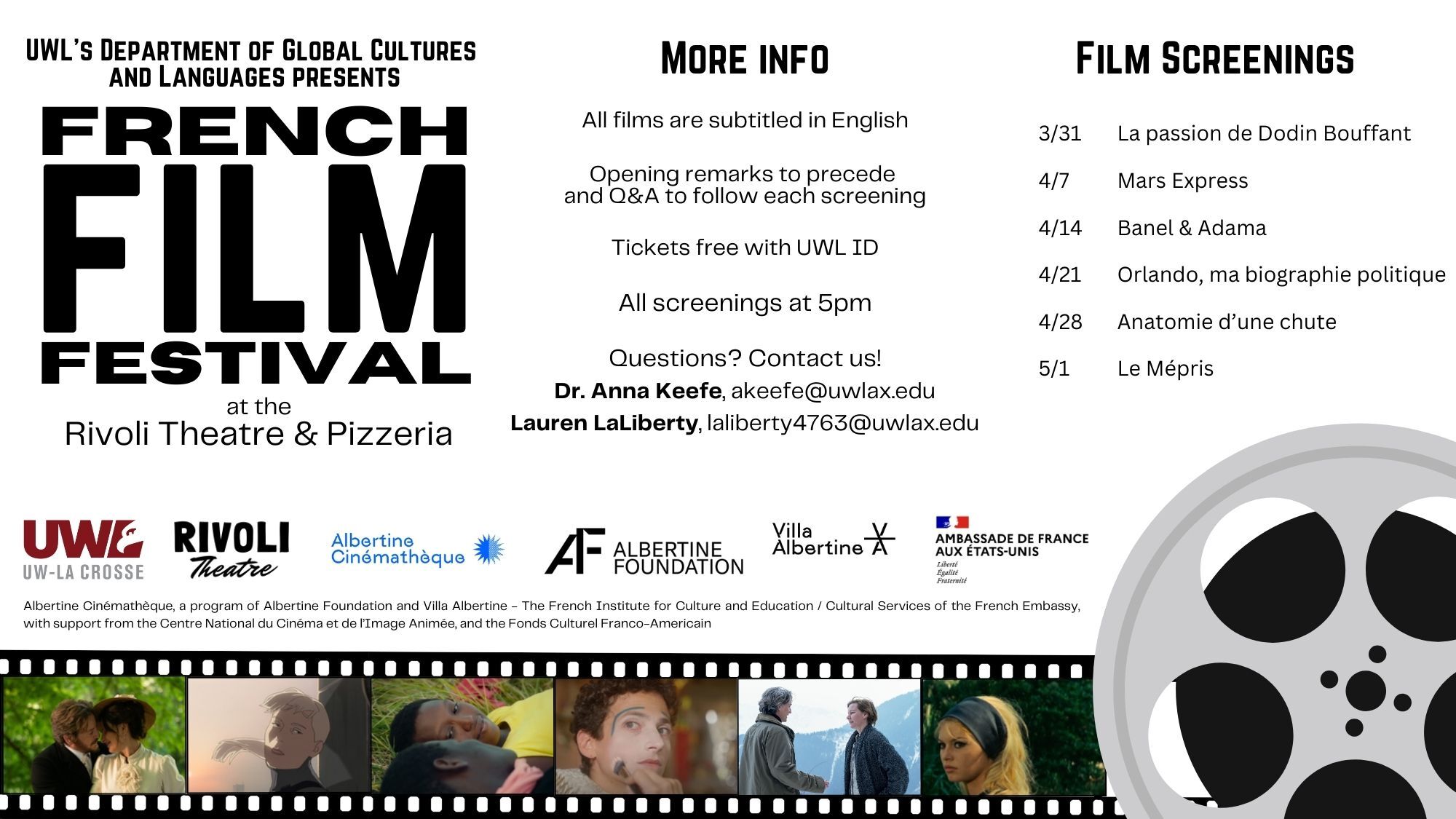Student Athletes Abroad
A page within International Education & Engagement
Student athletes have larger time commitment and tighter schedules in order to keep up with their academics and training during and off season. It might be easy for them to assume that there is not time to study abroad. The good news is that this is a misconception. If you identify as a student athlete, with some planning and good communication with coaches, academic departments, and IEE you can also take advantage of this transformational learning opportunity. Not only you will be immersed in and learn from another culture, but you will see your sport from another country’s perspective. The key is early planning.
What Does the NCAA Say?
“Coaches and administrators find that study abroad helps fulfill the ideal of equipping students to thrive after graduation in an increasingly globalized society” Hiskey, NCAA News, 2011
“In Division I, approximately 27 percent of student-athletes have either studied abroad or plan to do so” “For Divisions II and III, roughly 30 and 40 percent of student-athletes, respectively, have studied or plan to study abroad” NCAA, 2015.
As any student who is planning to study abroad, you will need to do some research. Before you start your research, make sure to learn about the different programs options here or by attending an Education Abroad 101 session. Then, talk with your coach to identify when it would be better for you to study abroad and for how long. For example, did you know there are short-term summer programs which most likely will not interfere with your commitments as a student athlete? If you explain to your coach why education abroad is a priority for your college education, your coach is very likely to be supportive of your decision. It is very important to give your coach plenty of notice about your plans to participate in an education abroad program.
Once you are ready to start your research, use these suggestions and questions to guide you. If at any time you feel lost or have questions, do not hesitate to contact our office. IEE Education Abroad Advisors will be more than happy to help you!
- Look for program options that cater to student athletes. A great option is the Spanish-American Institute of International Education (SAIIE) in Seville, which offers college athletes the opportunity to train with and play against local Spanish teams during the spring, fall, or summer term, while taking courses at SAIIE, Universidad de Sevilla or EUSA private University and earning college credits. SAIIE offers the following sports programs: rowing, rugby, soccer, swimming, volleyball, and water polo. Learn more here, and find our application here.
- Think about your educational goals. Can you meet some of your academic goals during a short-term program during Summer Break?
- Find ways you can stay active while abroad to continue with your training. Is it easy to find public sport facilities in that country/city? Does the institution abroad offer athletic facilities on campus?
- Think about ways to connect with other athletes while abroad. Are there club or intramural teams I can join in that institution?
- Find out how your sport is viewed in that country? Is it popular? If it is a sport that is not that popular in that country, it might be difficult to find ways to keep up with your training.
- Think about being a spectator. Are there sport events held in that country that relates to what I play?
- Ask you coach for alternative training options that can be easier to follow abroad.
- Think about alternative options to stay in shape such as bike rides or hikes.
- If I do not find anything related to what I play here, will I consider trying something new like a local sport?
- Think of various ways you will communicate with your coach and your team, have a plan in mind!
Start your research based on the information above. Again, if at any time you feel you need some help, do not hesitate to schedule an appointment with an Education Abroad Advisor. We are here for you!
Resources
How to Study Abroad as a College Athlete
Common Myths About Studying Abroad as a Student Athlete
ISA Video :60 on Study Abroad – Athletes Abroad
Student's Testimonials
Stephanie

Stephanie
Biology
-
a student athlete at UWL
-
As a student athlete, I dedicate most of my time to softball and academics. I always dreamed of studying abroad, but never thought I would have time to do it, especially being a biology major. It was hard enough learning upper-level courses in person, so the possibility of taking a couple abroad never seemed possible. However, this past year a new program was started, and it was the perfect fit. This two-week program over winter break allowed me to study a mix of biochemistry and environmental ecology at the Central Caribbean Marine Institute in Little Cayman. It was everything I dreamed it would be, and it was offered at the perfect time for anyone completely booked during the school year. I gained field experience, knowledge about their current research, and had fun exploring the island with my classmates. Even though this trip was short, to me, it was the experience of a lifetime. I didn’t have to worry about falling behind in classes or practices, which was important to me. I urge anyone who wants to study abroad, but doesn’t think they have time in their schedule, to learn more about this program and experience the amazing opportunities it brings.
Sophia

Sophia
German Studies
-
a female UWL track and field student athlete
-
As a track and field athlete, we train year-round. We lift 3-4 days a week, run workouts every day and jog on the weekends. Track’s a demanding sport and if you don’t stay in shape, it’s nearly impossible to go into the season strong. In Marburg, there was a university track, which was about a 20-minute bus ride and 15-minute walk from my dorm. I made it my mission to go to the track whenever my workouts called for it (Sometimes after class, between class, at night etc.) When I had hill workouts, I’d use a huge hill that I found in the forest. When I had “stadium” workouts, I’d use the flights of stairs in my dorm. On the weekends, I’d do light jogs on the forest trails. Whatever-- cold, rain, heat, I still did what was on my training plans (sent from my coach). Sometimes, I had to work with what I had and adjust. When we had sled pulls (a haltered sled with weights dragged behind), I’d use my backpack which I’d fill with books as weight. I couldn’t get into a weight room, so I used the racks outside, on the track, for body weight exercises like pull-ups, push- ups, dips, pole-vault drills, abs, etc. I’d even use tires they had laying around for squats. Training in Germany was hard, because I had to learn to self-motivate and push myself without my teammates, but wow, was it worth it. I found a copious amount of strength and pride in what I had accomplished and came back to my team in La Crosse as strong, as fast, as confident, and as in shape as I’ve ever been.










